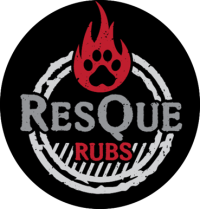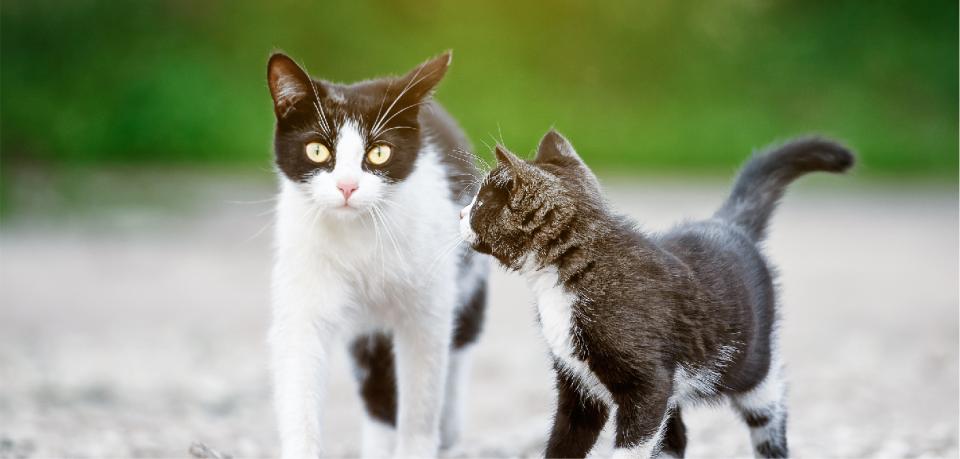
Proper management of a colony of community cats is a long term, year-round responsibility.
If you cannot commit to proper care do not put food out for any cat. Once you put food out you become a “colony manager” and the cats become dependent on you.
1. If you feed them, you must fix them
Trap-Neuter-Return (TNR) is the humane and effective approach to reduce the overpopulation of stray and feral cats – collectively known as Community Cats. Click to learn more about TNR and step-by-step instructions
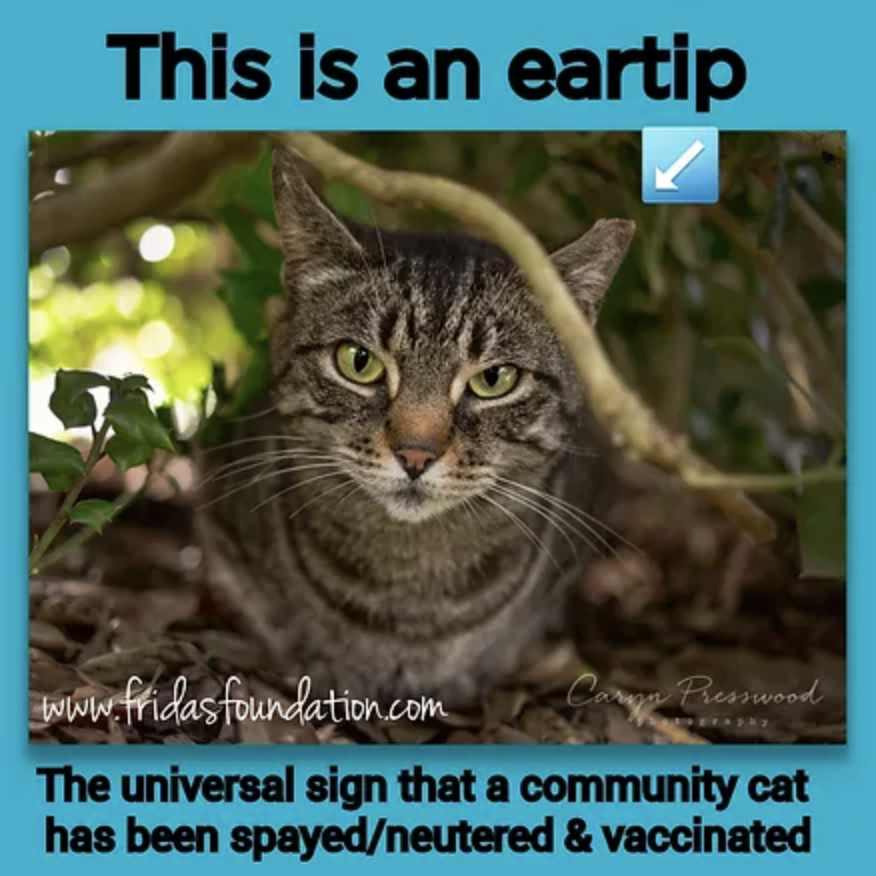
2. Create a feeding station
Feed and monitor the colony on a daily basis at approximately the same time every day. The cats will look forward to the food arriving and it will make it easier to check on the health of the colony. Do not feed directly on concrete, pavement or hard surfaces. This causes the cats to fracture their teeth as stones and gravel often get mixed in with the food. Also, do not feed directly out of cans as this causes cuts and bloody mouths. Please only feed community cats in a sturdy bowl that won’t blow away and create litter.
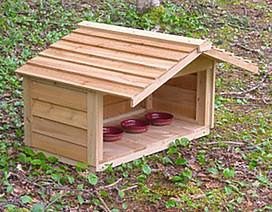
YOUR FEEDING STATION SHOULD ALWAYS BE NEAT, CLEAN AND OUT OF SIGHT
You do not want to anger neighbors or property managers. Relocation of community cats has a poor success rate. The goal is to fix them, return them and let them live out their lives at the particular colony. Be a good neighbor when feeding community cats.
3. Cat shelters
If you do not own the property, always obtain permission from the landowner before placing a shelter on the property. Providing shelters not only helps with temperature control of the cats, but also keeps them more contained and limits what some determine as nuisance behavior.
AS A PRECAUTION IN THE COLD WEATHER...
Please be sure to tap on your engines and tires and honk the horn before starting your cars. Cats often seek hiding spots to keep warm.
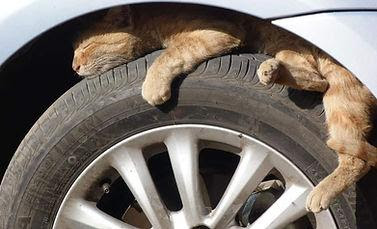
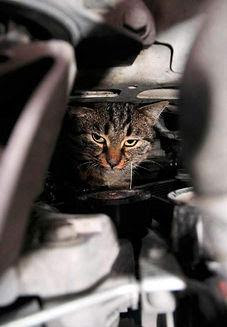
4. Backup Caregivers
If you go on a trip or move away arrange for a new caregiver or neighbor to handle colony duties. The cats depend on you and it is better for them to remain where they are currently living. Be proactive and consider having backup caregivers to care for the colony.
5. Injuries and Illnesses
Becoming a colony manager is a big and commendable task. The cats depend on you not only for food and shelter but also for their overall wellbeing. Unfortunately, outdoor cats are often faced with illnesses and injuries. It is best to always be prepared. Familiarize yourself with low-cost vet clinics that treat community cats. Greater Atlanta clinics can be found here. Sometimes there are grants, financial help and even groups that help in such cases. Have a list ready.
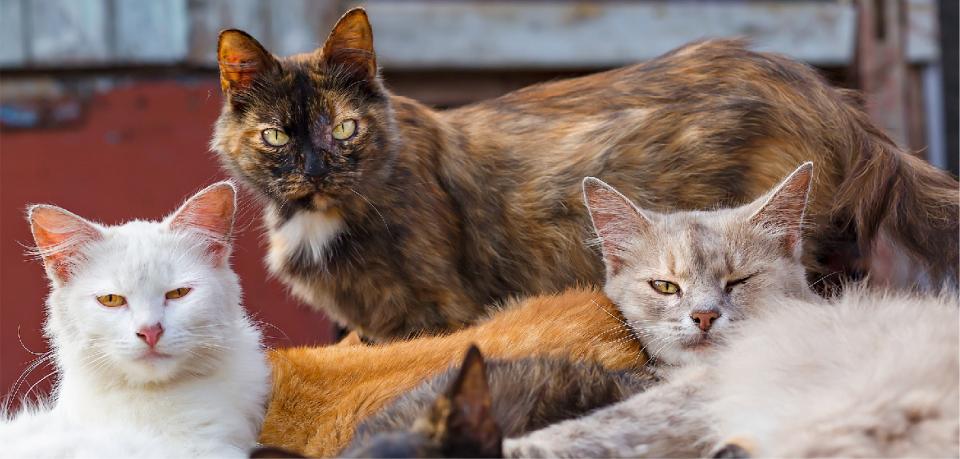


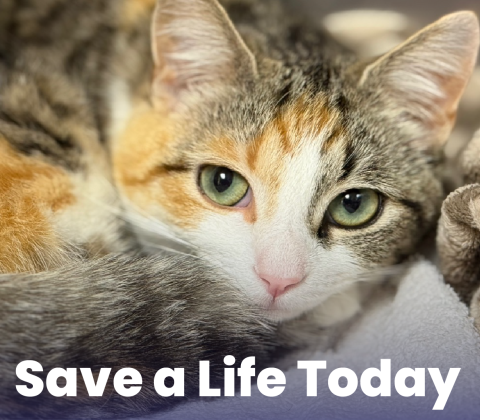






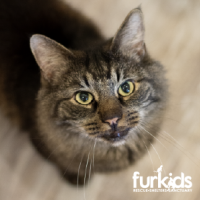
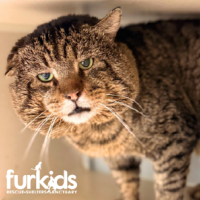





_200_49.png)



_200_175_75.JPEG)
